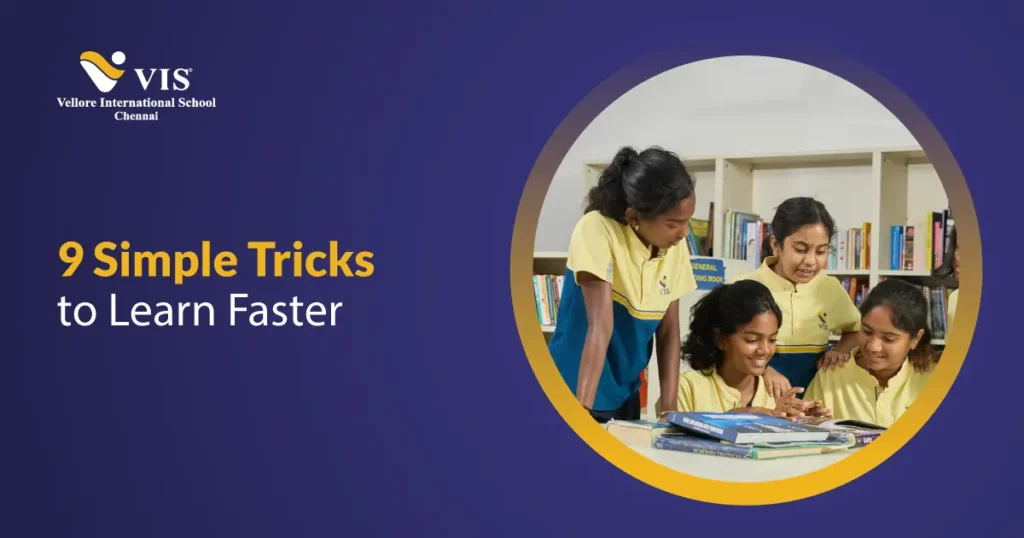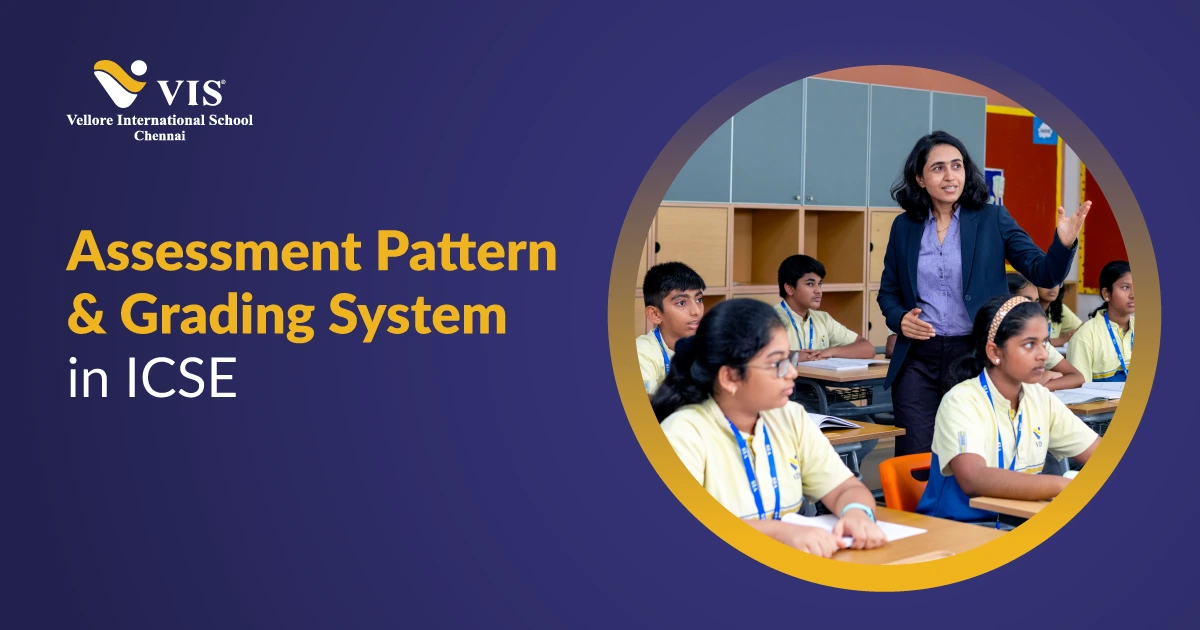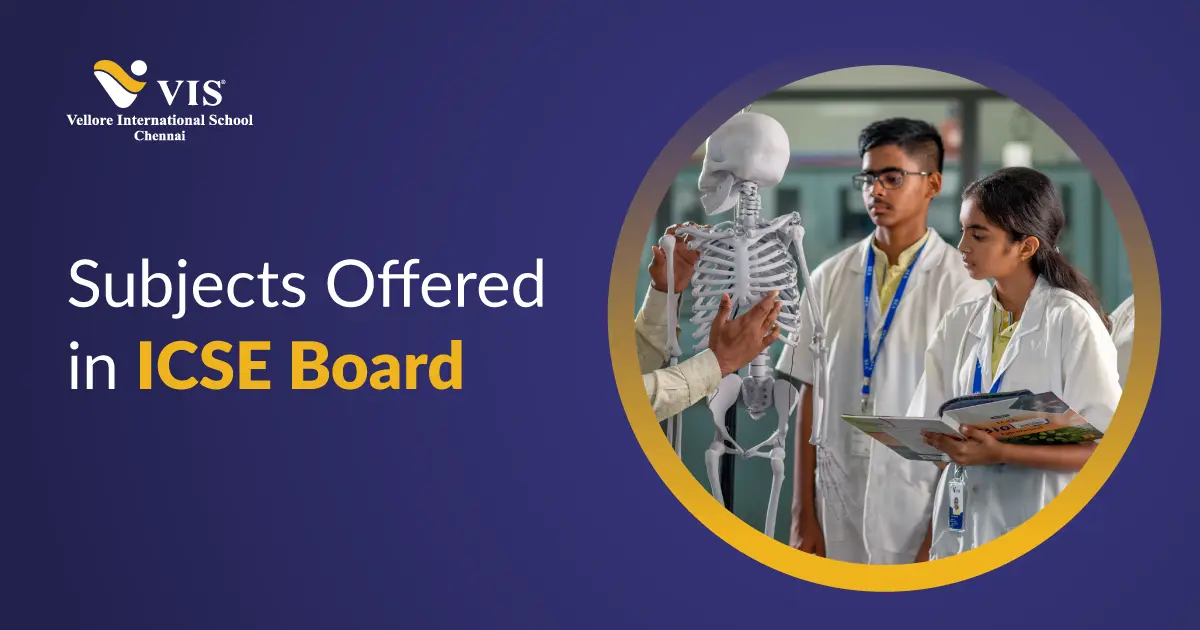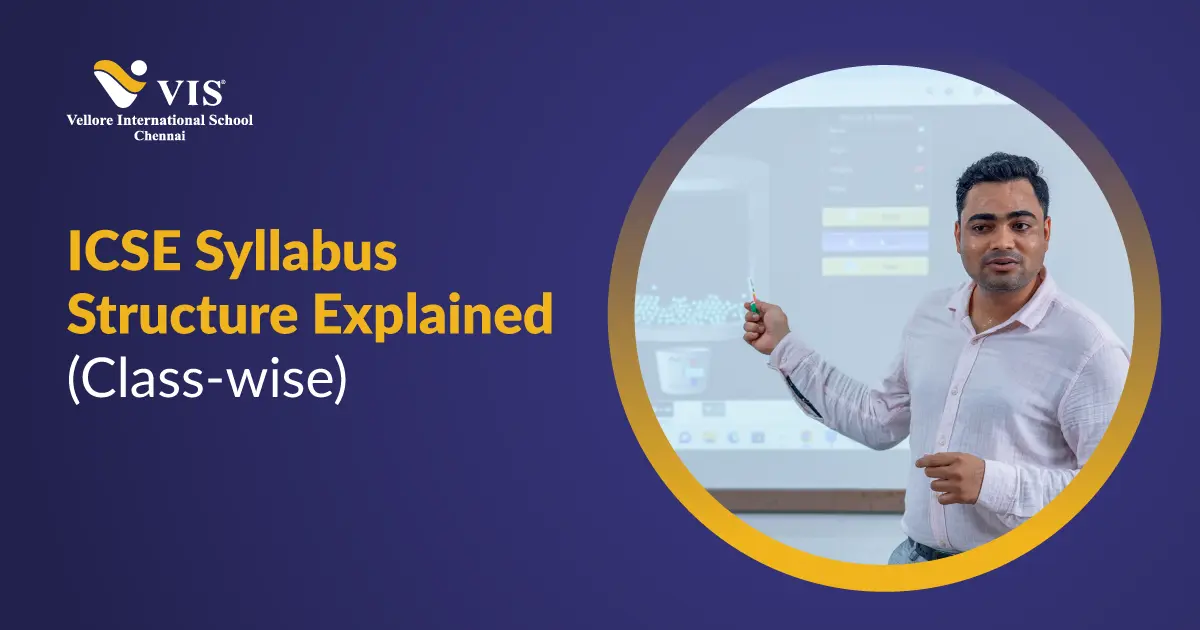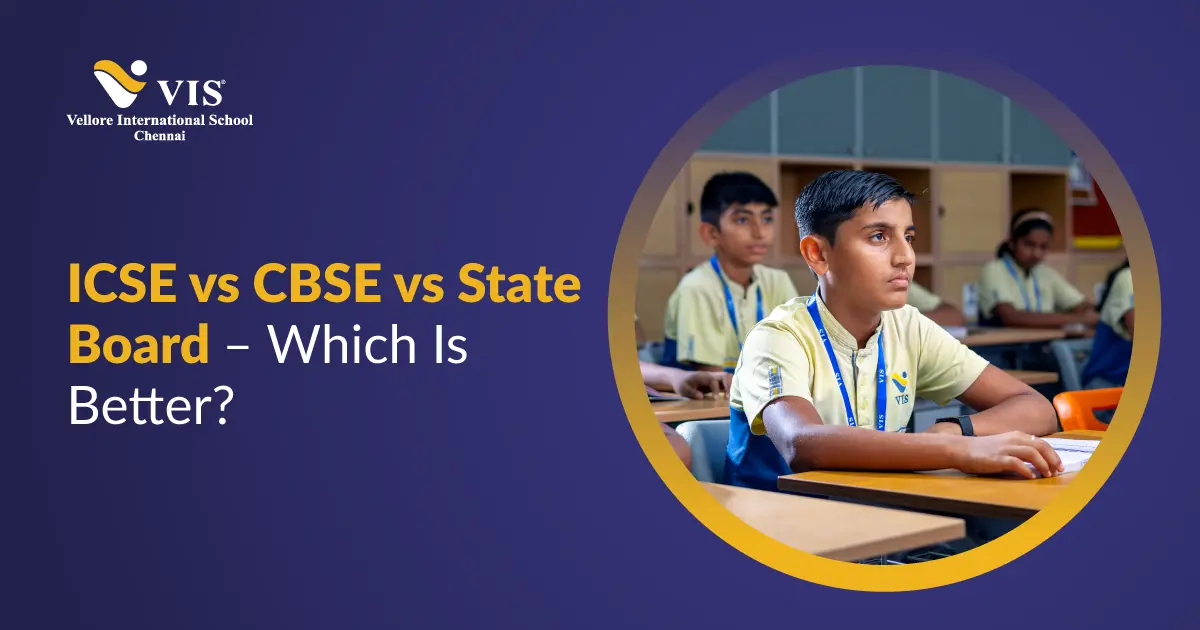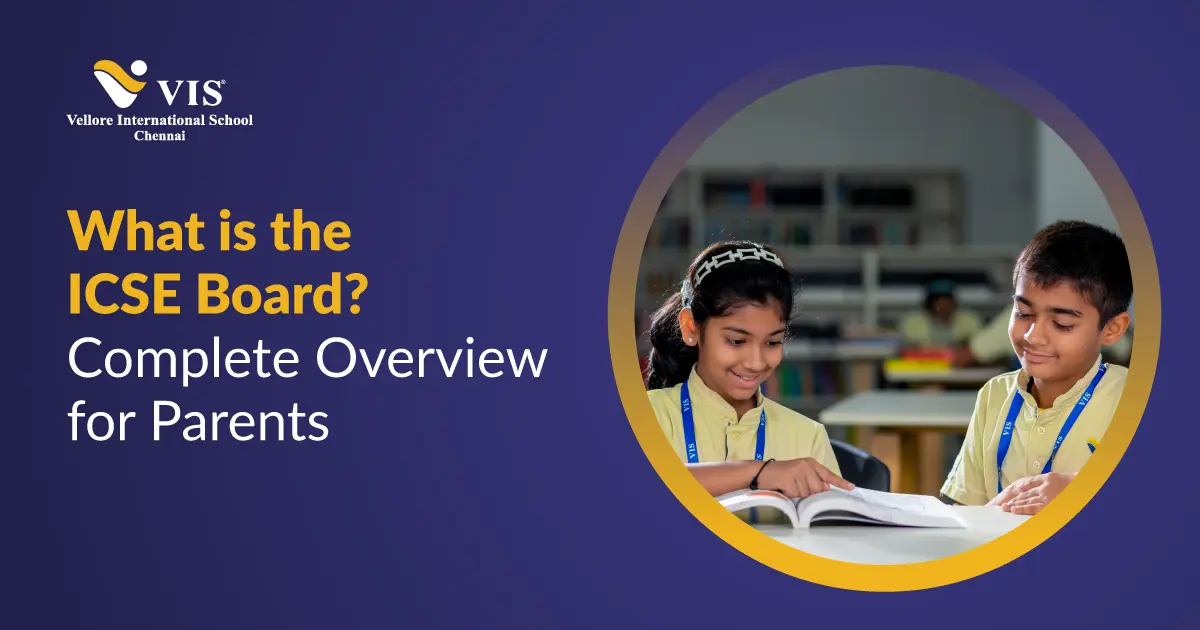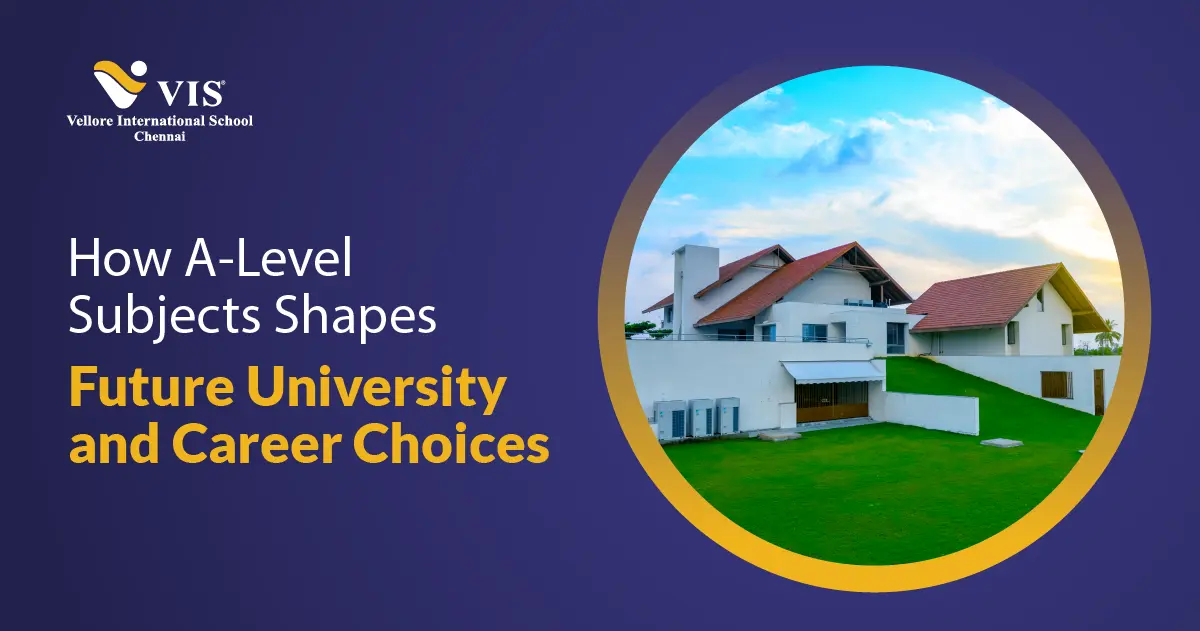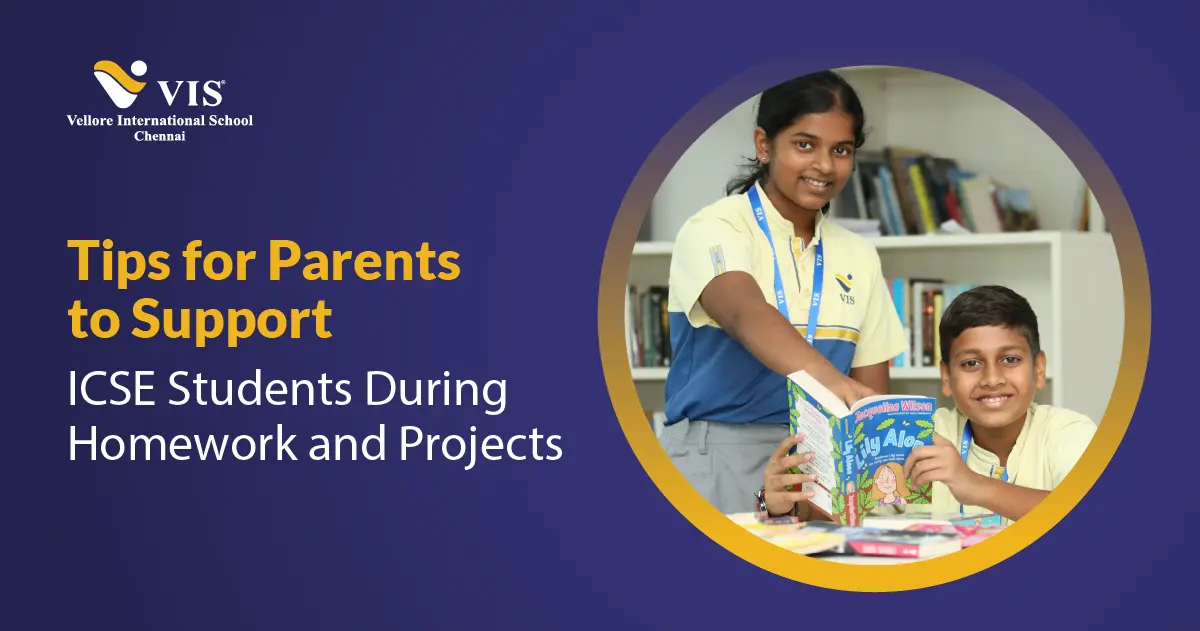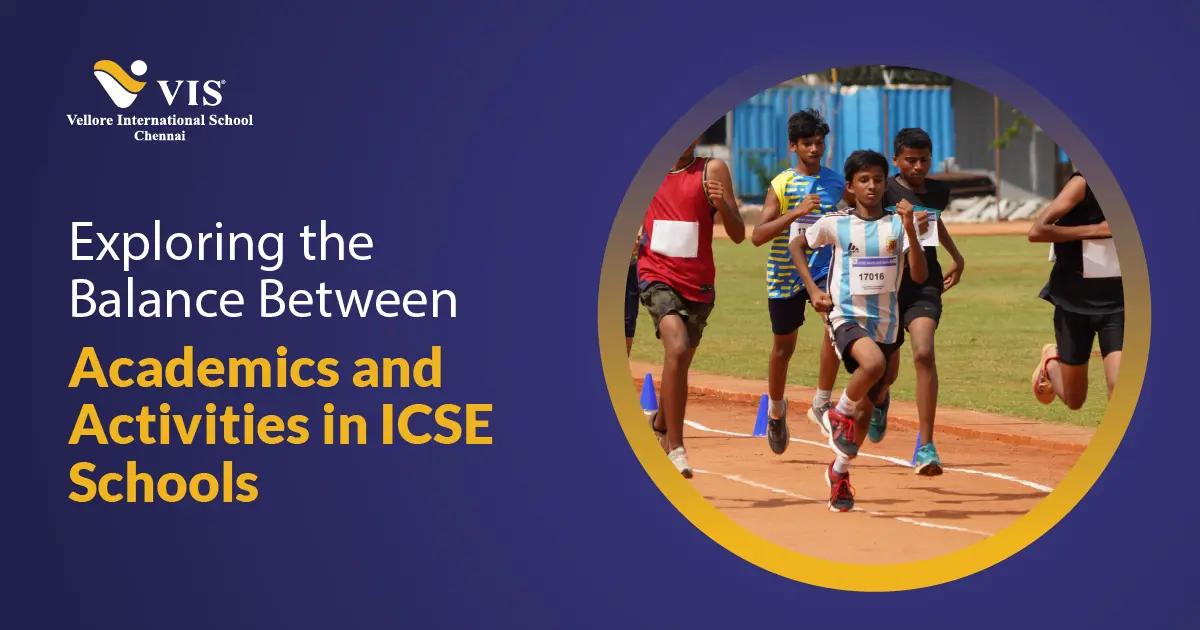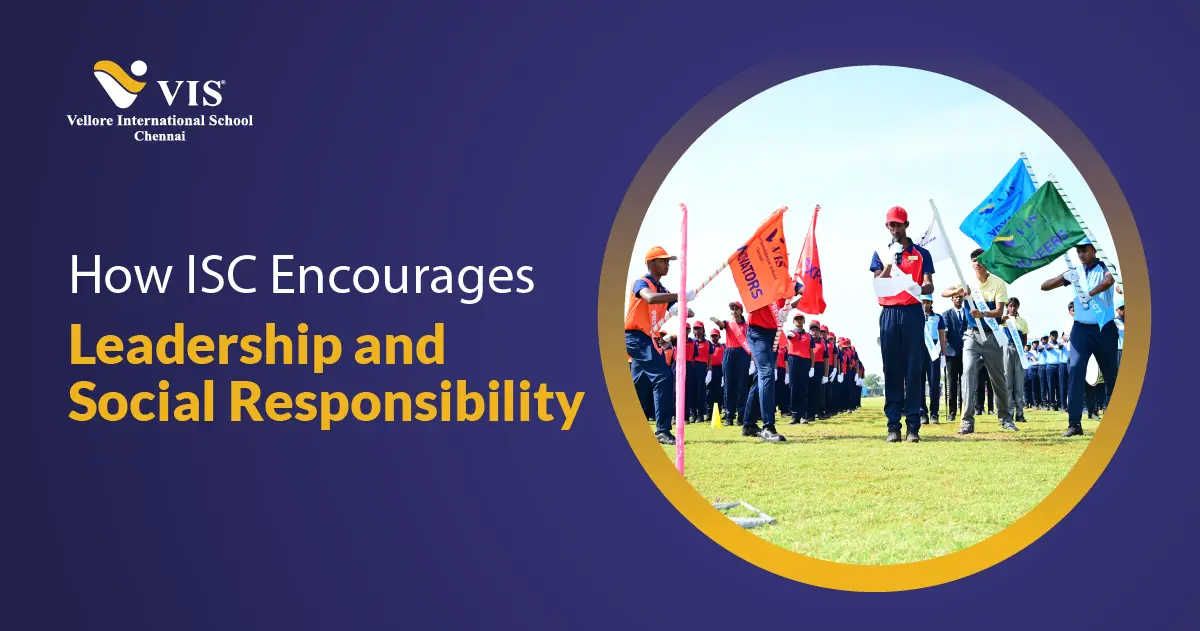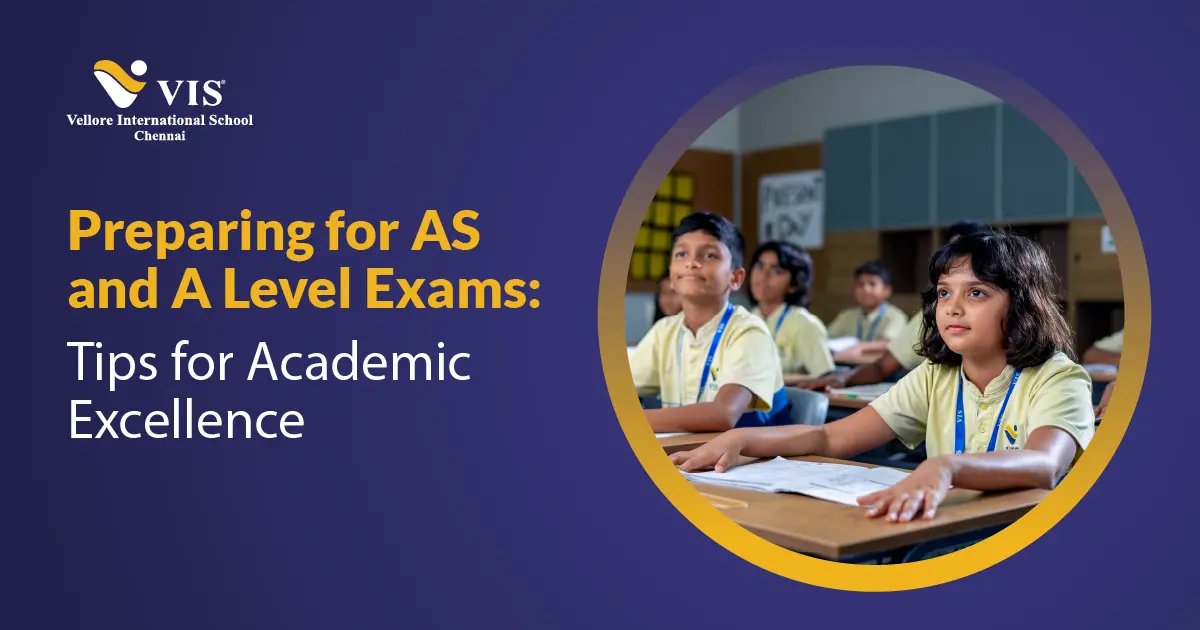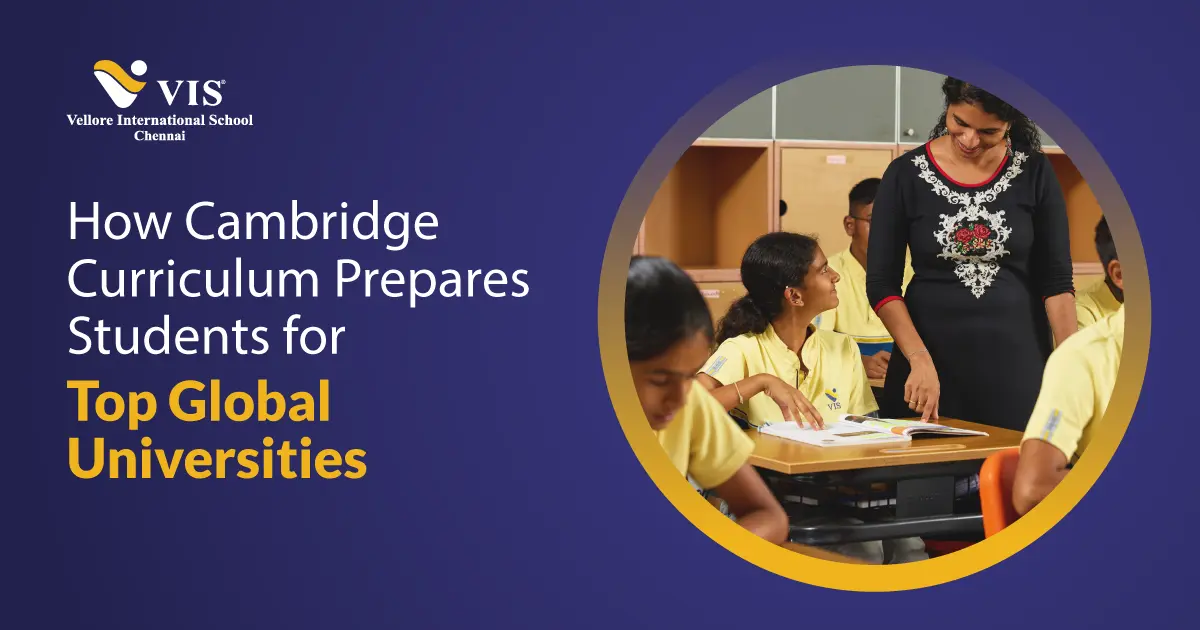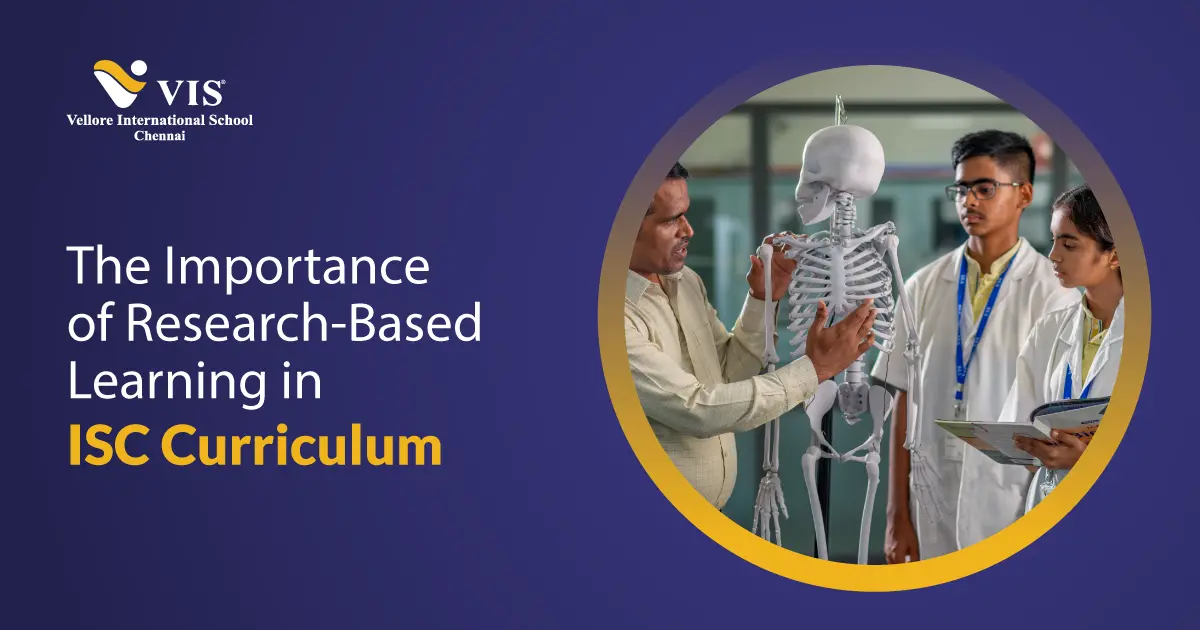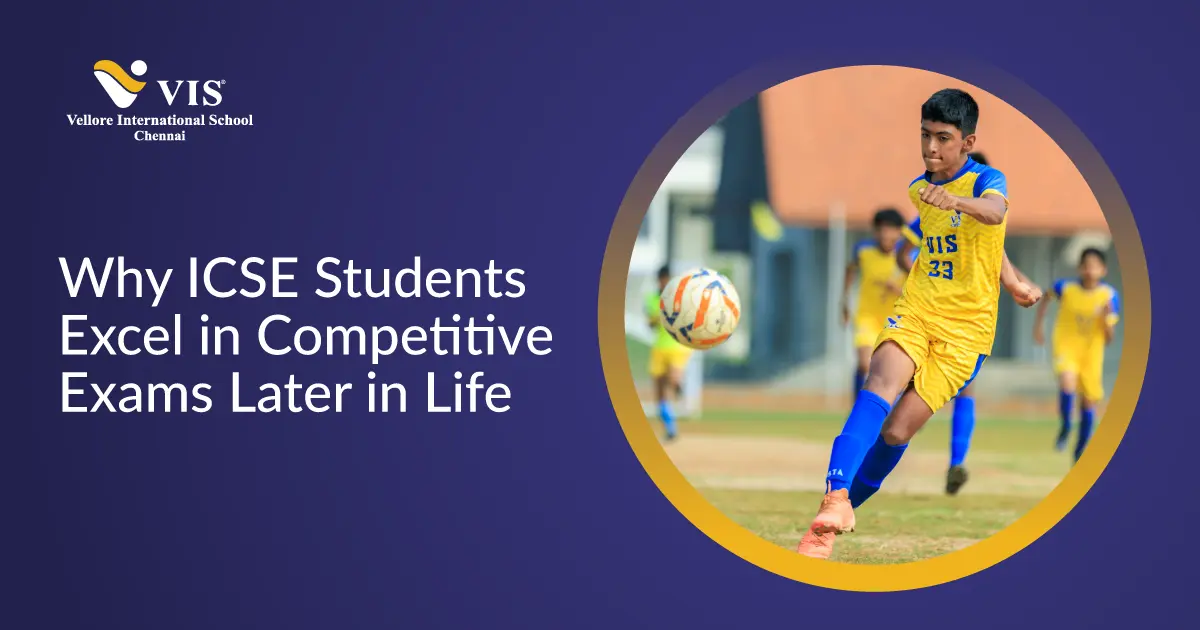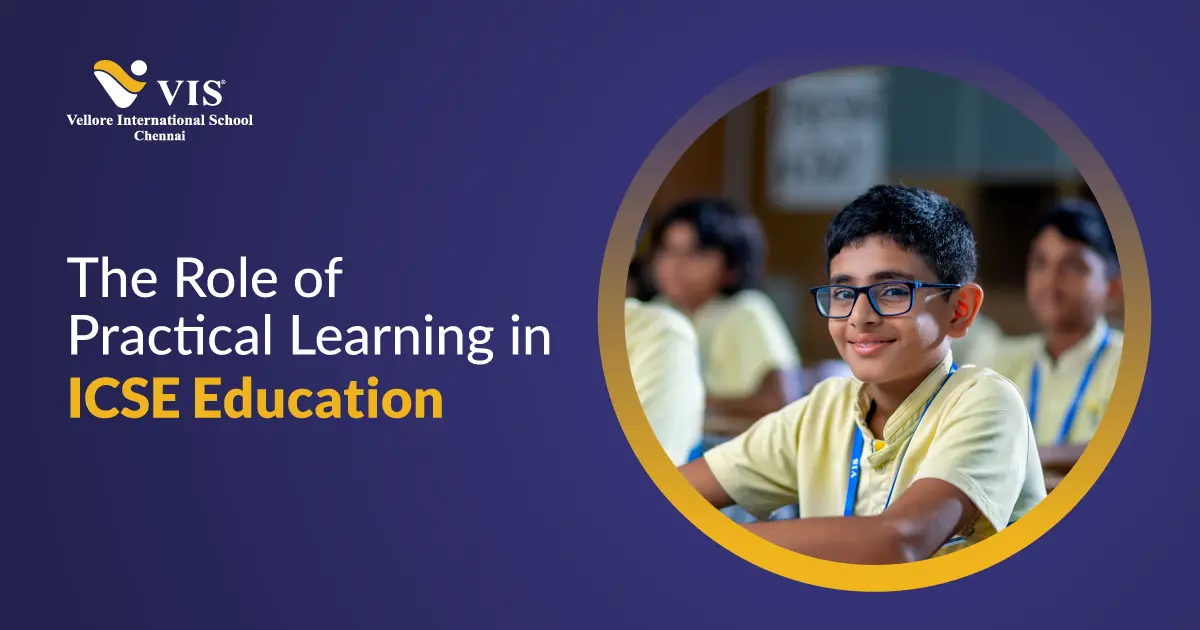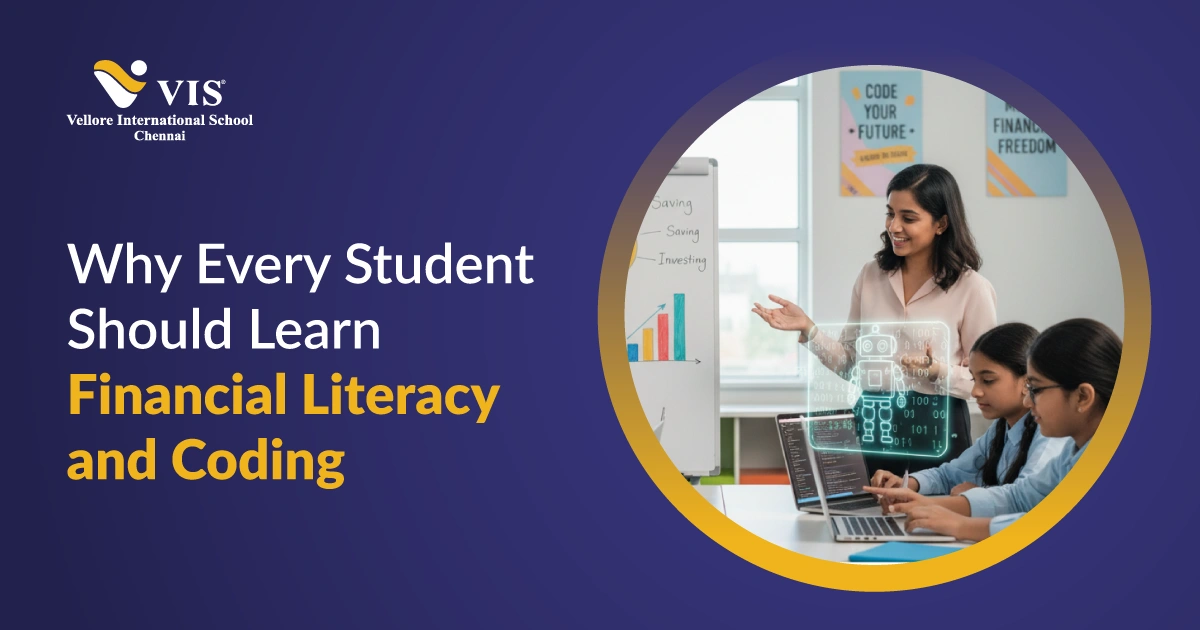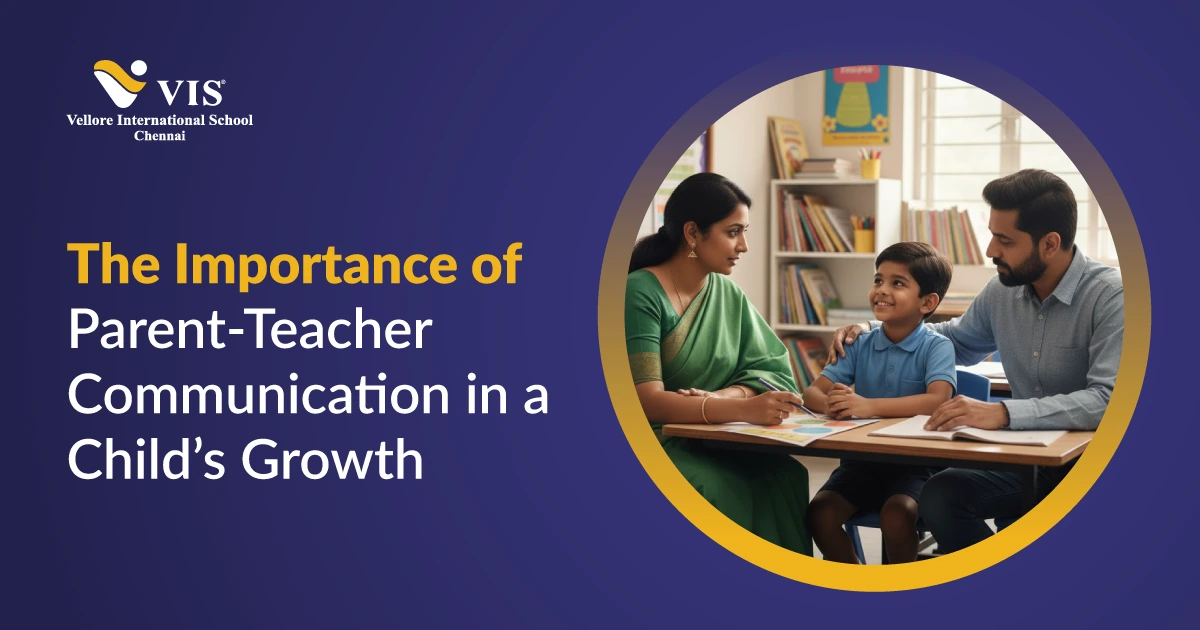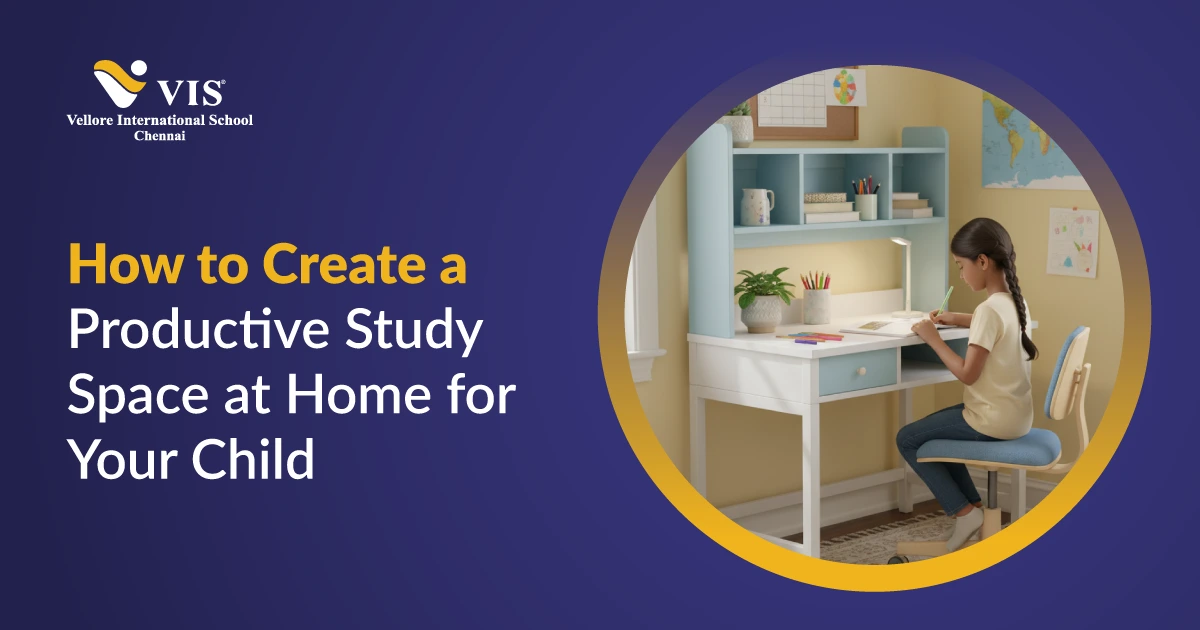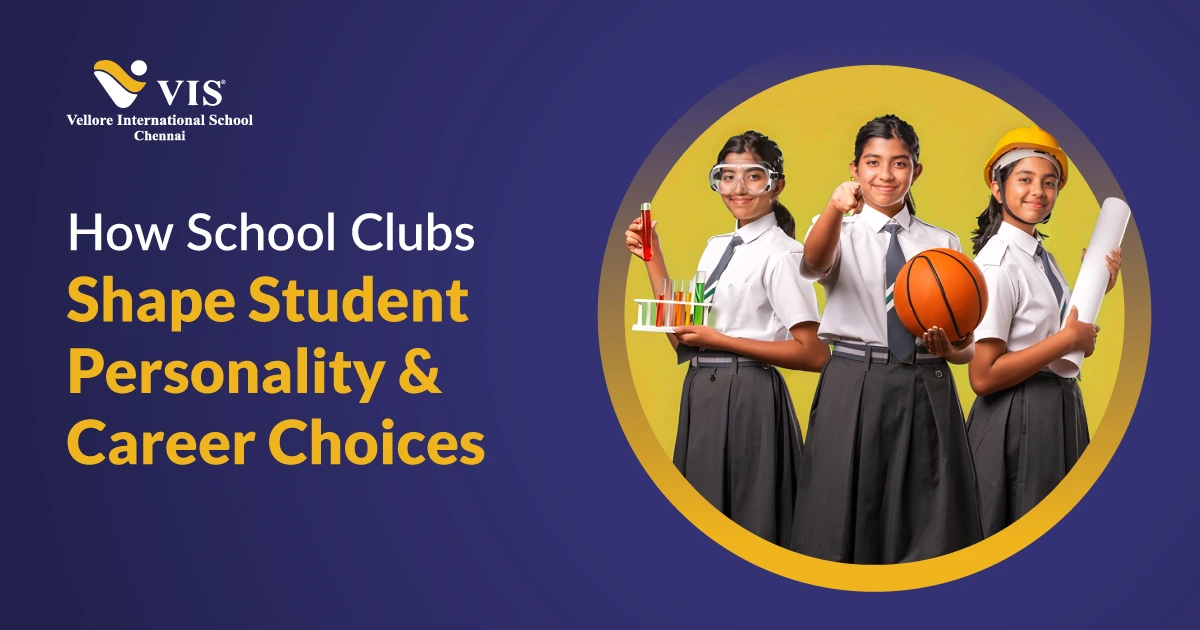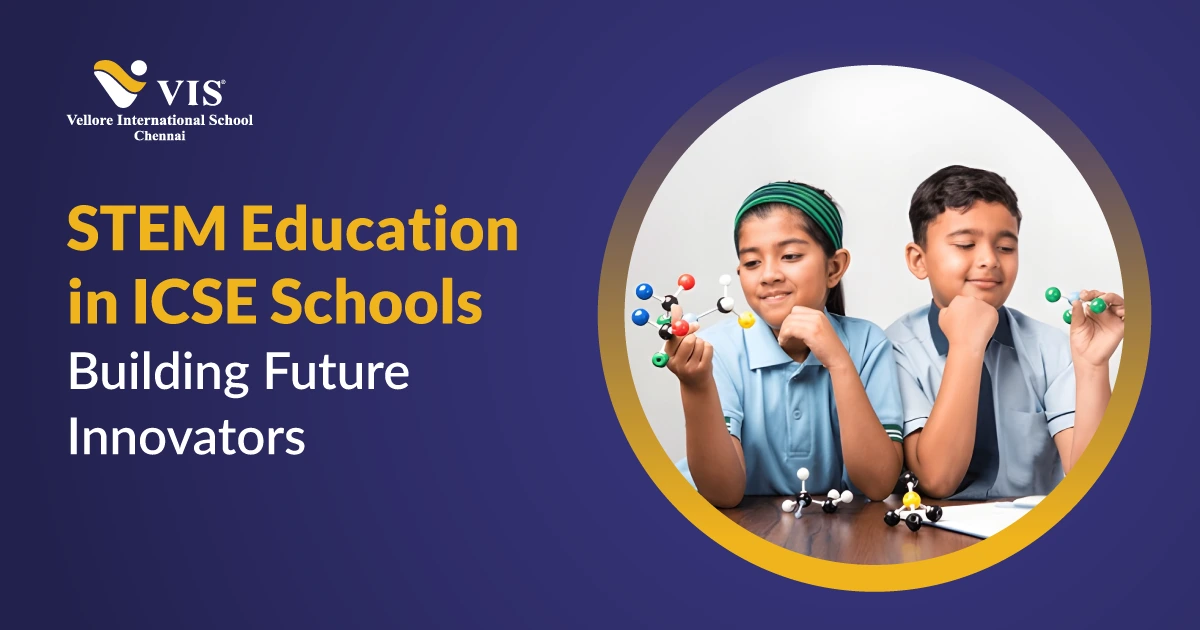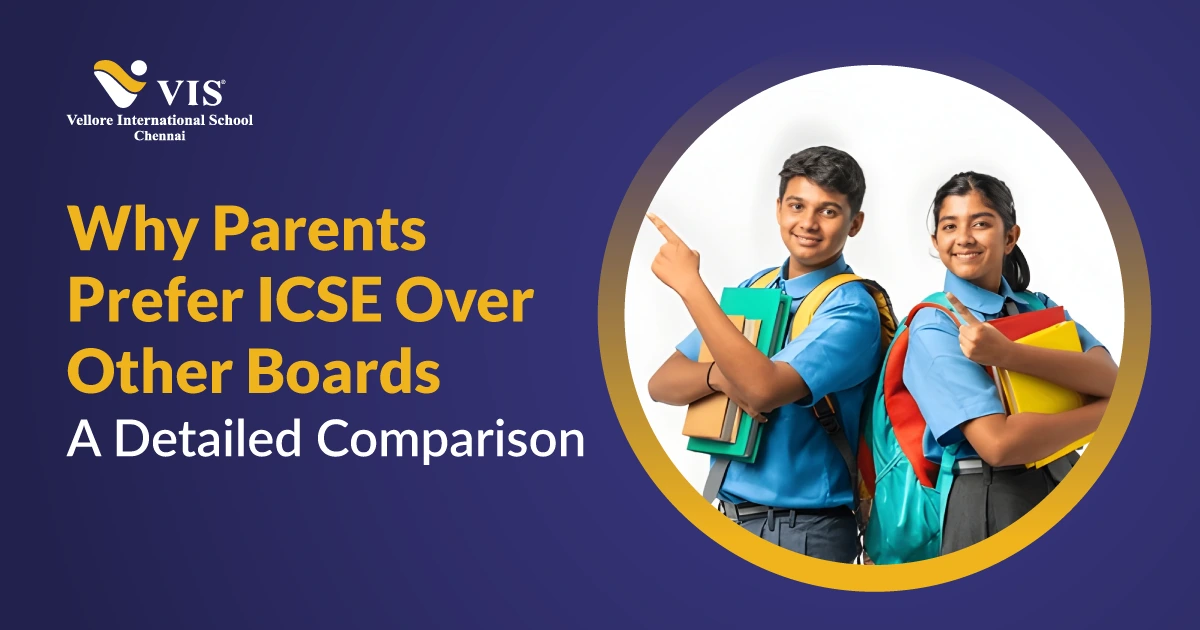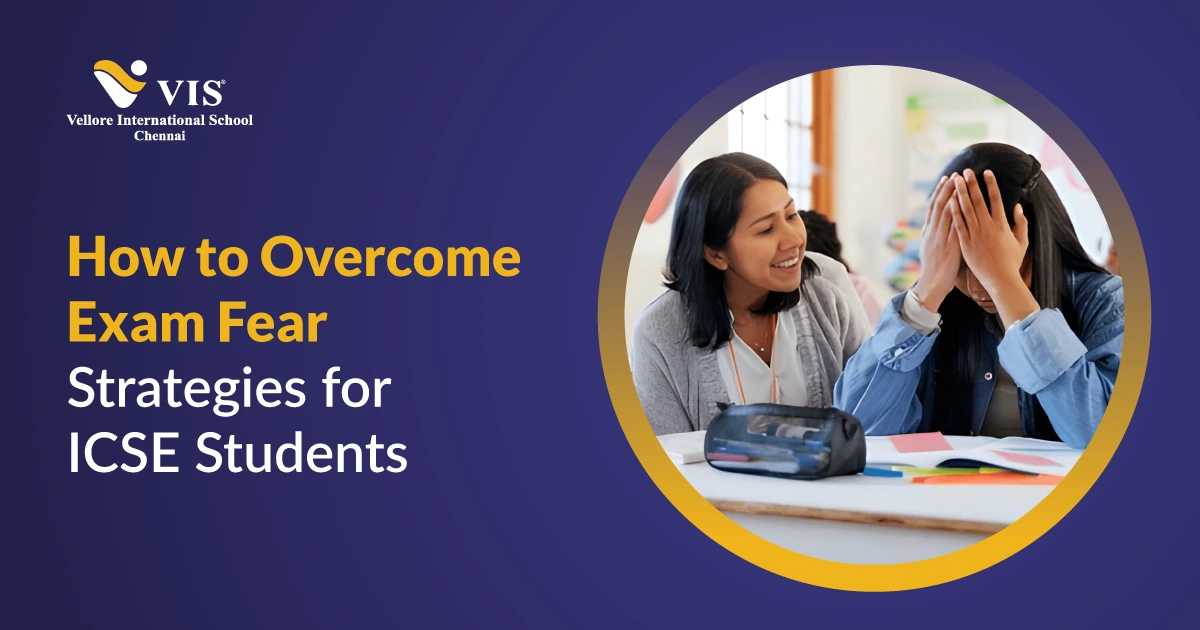Learning is about understanding, connecting ideas, and being able to apply them effectively. If you’re a school student preparing for exams, a professional upgrading your skills, or simply someone passionate about knowledge, learning faster without compromising comprehension can be a lifeline.
Fortunately, there are practical strategies to help. In this blog, we’ll explore 9 simple tricks to learn faster, with real-life tips that students, parents, and educators can adopt.
9 Simple Tricks to Learn Faster
1. Break Learning into Smaller Chunks
The human brain absorbs information better when it is divided into smaller, manageable parts. Instead of trying to study everything at once, break the material into chunks. For example, if you’re preparing for a history exam, split the syllabus into topics and subtopics.
This approach is known as “chunking”, and it prevents burnout while improving retention. By setting short study sessions (like 25 – 30 minutes with a 5 minute break), your brain remains active and avoids fatigue.
This is one of the most effective tricks to learn faster, because it respects how the brain naturally processes and stores information.
2. Use Active Recall
Reading a chapter multiple times may feel safe, but it often gives an illusion of learning. Instead, use active recall, a technique where you close your book and try to recall what you’ve learned.
This strengthens memory and helps you identify gaps in understanding.
Flashcards, self-quizzes, and even teaching someone else what you studied are practical applications of active recall. When students practise recall consistently, they learn much faster than by simply rereading notes.
3. Apply the Spaced Repetition Technique
Have you ever crammed the night before an exam and forgotten everything a week later? That’s because short-term memorisation doesn’t stick. Spaced repetition is a science backed technique where you review material at increasing intervals – say after 1 day, then 3 days, then a week, and so on. This ensures long-term memory storage.
Apps like Anki or even simple planners can help students track review sessions. Among all tricks to learn faster, spaced repetition stands out for its ability to make knowledge permanent.
4. Connect New Knowledge to What You Already Know
The brain loves making connections. Whenever you learn something new, try linking it with something you already understand. For instance:
- Learning about electricity? Compare it to water flowing in pipes.
- Studying economics? Relate supply and demand to your favourite online shopping app.
This method, known as “association learning”, helps you build stronger mental models and speeds up comprehension.
5. Teach Others What You Learn
One of the most underrated tricks is teaching. When you explain a concept to someone else, if it’s a sibling, friend, or even to yourself in front of a mirror, you force your brain to organise thoughts clearly.
This method, called the Feynman Technique, ensures you understand concepts deeply instead of just memorising words. Students who teach what they learn often perform better in exams and interviews.
6. Make Use of Visual Learning Tools
Our brains process visuals much faster than text. Diagrams, flowcharts, and mind maps can make complex topics simple and memorable. For example:
- A biology student can draw diagrams of the digestive system.
- A history student can make timelines with visuals for key events.
- A math student can use coloured mind maps for formulas.
This makes study sessions more engaging and ensures faster recall during exams. Visual learning is one of the most practical tricks to learn faster, especially for younger students.
7. Create a Distraction Free Environment
Distractions are everywhere in today’s digital world. Constant notifications, social media, or even background noise can break concentration and slow learning. To learn faster, create a study-friendly environment:
- Keep your phone away or on silent.
- Use apps that block distracting sites.
- Choose a well-lit, quiet space.
When your mind is focused, even 1 hour of study can be more effective than 3 hours of distracted learning.
8. Use the Power of Practice and Application
The more you practise, the stronger your learning becomes. Practice applies across all subjects:
- Math: Solve problems daily instead of reading formulas.
- Languages: Speak, write, and listen actively.
- Science: Perform experiments or case studies whenever possible.
Application bridges the gap between theory and reality. It reinforces memory and builds confidence in using knowledge practically.
9. Take Care of Your Body and Mind
Your brain performs best when your body is healthy. Adequate sleep, balanced nutrition, and regular exercise directly improve concentration, creativity, and memory retention.
- Sleep consolidates memory. Aim for 7 – 9 hours.
- A healthy diet with omega-3 fatty acids, proteins, and complex carbs energises the brain.
- Exercise releases endorphins that lower stress and boost focus.
Taking short breaks for deep breathing or mindfulness meditation also enhances learning speed. After all, a healthy body fuels a healthy mind.
Why These Tricks Work
These 9 tricks are not just random study hacks; they’re backed by neuroscience and psychology. When combined, they:
1. Aligned with the Brain’s Natural Processing
The brain prefers small, meaningful chunks of information. Techniques like chunking and spaced repetition respect how memory is formed and strengthened over time.
2. Strengthens Neural Connections
Active recall and teaching others force the brain to retrieve and reorganise information, which builds stronger neural pathways for long-term memory.
3. Engages Multiple Learning Styles
Visual tools, practice learning, and association strategies activate different parts of the brain, auditory, visual, and kinaesthetic, making learning faster and more versatile.
4. Reduces Cognitive Overload
Free of distractions, environments, structured breaks, and mindfulness practices prevent the brain from becoming overloaded, allowing focus and deep work to flourish.
5. Integrates Mind and Body for Peak Performance
Healthy sleep, balanced nutrition, and exercise directly impact cognitive function, focus, and creativity, ensuring the mind is ready to absorb and retain knowledge quickly.
How Parents Can Encourage Faster Learning
While students play the central role in applying these strategies, parents act as silent partners in the journey. Their encouragement and environment building can make all the difference. Here are three ways parents can support:
1. Create a Learning Friendly Environment
Parents can set up a quiet, well-lit, and independent study space at home. Simple steps like limiting TV noise, reducing unnecessary gadgets, and providing essential resources help children focus better and apply the tricks to learn faster and effectively.
2. Encourage Healthy Habits
Parents should ensure that children get adequate sleep, eat nutritious meals, and balance academics with physical activity. A healthy body nurtures an active brain, directly influencing memory retention and problem-solving skills.
3. Be Involved Without Over pressuring
Instead of micromanaging, parents should show interest in their child’s progress, asking about lessons, helping with review, or listening when the child explains a concept. This builds confidence and reinforces learning without creating stress.
Integrating These Tricks at Vellore International School
At Vellore International School, students are nurtured academically and holistically. The school’s teaching methodology naturally incorporates many of these tricks to learn faster. Teachers encourage active recall through interactive sessions and demonstrate real world applications of knowledge.
Beyond academics, students are guided to maintain a balanced routine with sports, mindfulness practices, and extracurricular activities. This ensures that every learner develops skills to grasp knowledge quickly while also building lifelong habits for success.
Final Thoughts
The ability to learn quickly is one of the most valuable skills. If you’re preparing for board exams, competitive tests, or simply exploring new hobbies, adopting the right strategies can save time and maximise results.
The 9 simple tricks to learn faster, from chunking study sessions and practising active recall to building healthy routines, equip students with tools to thrive in academics and beyond. For schools like Vellore International School, where holistic education is the core philosophy, these tricks seamlessly align with their mission to prepare students for global success.
FAQs
1. What are the best tricks to learn faster for students preparing for exams?
The best tricks to learn faster for exam preparation include breaking study material into smaller chunks, using active recall, practising spaced repetition, and creating a distraction free environment. These methods save time and help students retain information more effectively.
2. How can I improve memory retention while studying?
To improve memory retention, students should practice active recall, connect new concepts to what they already know, and review lessons using spaced repetition. Visual tools like diagrams and mind maps also make concepts easier to remember during exams.
3. Are these tricks to learn faster suitable for all age groups?
Yes, these tricks are suitable for learners of all ages, whether it’s a young school student, a college aspirant, or even a working professional. Methods like teaching others, applying knowledge practically, and maintaining a healthy lifestyle can benefit anyone.
4. How does Vellore International School help students learn faster?
Vellore International School integrates effective learning techniques into its teaching methods. Through interactive classrooms, regular assessments, practical applications, and balanced extracurricular activities, the school ensures students develop lifelong learning habits and adopt tricks to learn faster naturally.
5. Can healthy habits really make a difference in learning speed?
Absolutely. Adequate sleep, proper nutrition, and regular exercise significantly boost brain function. Combined with mindfulness practices, these habits improve focus, reduce stress, and make learning faster and more efficient.

